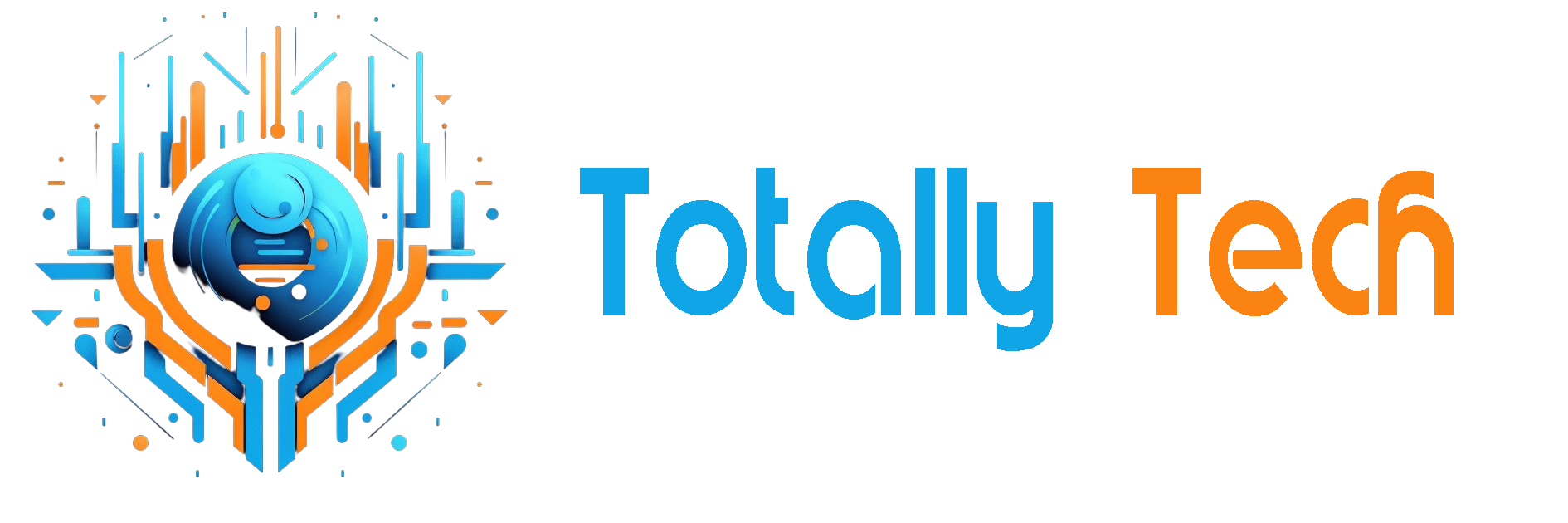
AI agents are autonomous systems designed to perform tasks that would typically require human involvement. By using advanced algorithms, these agents can handle a wide range of functions, from answering customer inquiries to predicting business trends. This automation not only streamlines repetitive processes but also allows human workers to focus on more strategic and creative activities. Today, AI agents are playing an important role in enterprise automation, delivering benefits such as increased efficiency, lower operational costs, and faster decision-making.
Advancements in generative AI and predictive AI have further enhanced the capabilities of these agents. Generative AI allows agents to create new content, like personalized email responses or actionable insights, while predictive AI helps businesses forecast trends and outcomes based on historical data.
The adoption of AI agents has increased, with over 100,000 organizations now utilizing Microsoft’s AI solutions to automate their processes. According to a recent study commissioned by Microsoft and IDC, businesses are seeing significant returns from their investments in AI. For every dollar spent on generative AI, companies are realizing an average of $3.70 in return. This signifies the immense potential AI has to transform business processes and open new opportunities for growth.
Microsoft’s AI solutions are a key player in the rapidly evolving AI field. Over 85% of Fortune 500 companies are already using Microsoft’s AI capabilities, making the company a leader in AI-driven enterprise transformation. Microsoft helps organizations enhance employee experience, improve customer engagement, transform business processes, and bring innovation and growth across industries.
Microsoft’s AI Agent Ecosystem: A Comprehensive and Scalable Solution
Microsoft’s AI solutions are built on its strong foundation in cloud computing and are designed to address the needs of large organizations. These solutions integrate effectively with Microsoft’s existing products, such as Azure, Office 365, and Dynamics 365, ensuring businesses can use AI without disrupting their current workflows. By incorporating AI into its suite of enterprise tools, Microsoft provides a comprehensive platform that supports various organizational needs.
A key development in Microsoft’s AI efforts is the introduction of Copilot Studio. This platform enables businesses to create and deploy customized AI agents with ease, using a no-code interface that makes it accessible even for those without technical expertise. Leveraging a wide range of large language models, these AI agents can perform complex tasks across multiple domains, such as customer support and sales forecasting.
Microsoft’s AI agents’ flexibility and adaptability make them highly effective across various industries. These agents help automate tasks such as customer service and supply chain management. They can handle large volumes of customer inquiries, predict inventory needs, and improve workflows, ultimately increasing operational efficiency and providing real-time solutions.
Real-World Use Cases of Microsoft AI Agents
Microsoft’s AI agents are becoming critical tools for organizations aiming to improve their operations. One of the primary use cases is in customer service, where AI-powered chatbots and virtual assistants handle routine inquiries. These agents use Natural Language Processing (NLP) to communicate with customers conversationally, offering instant responses and reducing the need for human intervention. This not only reduces costs but also improves customer satisfaction by resolving issues more quickly. For instance, Citibank uses AI-powered virtual assistants for tasks like checking balances and making payments, while Microsoft’s Dynamics 365 helps businesses by analyzing customer interactions and suggesting solutions automatically.
In sales and marketing, Microsoft’s AI agents help automate lead generation and strengthen customer relationships. By analyzing customer behavior, these agents can identify potential leads and suggest personalized marketing strategies to increase sales. They also support predictive analytics, allowing businesses to anticipate market trends, customer preferences, and sales patterns. This helps companies make better, data-driven decisions, improving overall performance.
For example, Dynamics 365 Sales automates lead generation, scores potential leads, and recommends the subsequent best actions for sales teams. Analyzing customer data can identify leads most likely to convert, helping prioritize efforts for higher conversion rates.
Additionally, Dynamics 365 Customer Insights consolidates data from multiple sources to provide a comprehensive view of each customer. It uses AI to predict customer needs, identify upsell opportunities, and suggest personalized engagement strategies, helping businesses optimize marketing efforts and strengthen customer relationships.
In supply chain management, AI agents, such as Dynamic 365 Supply Chain Management, help businesses forecast demand, track inventory, and optimize logistics. This enables companies to make proactive adjustments to their supply chains, ensuring timely deliveries and reducing excess stock. Whether managing warehouse operations or optimizing distribution networks, Microsoft’s AI agents provide valuable insights that help businesses lower costs and enhance efficiency.
Comparing Microsoft’s AI Agents with Competitors: Salesforce and AWS
While Microsoft’s AI ecosystem is known for its strong integration, scalability, and focus on enterprise needs, its competitors also offer robust AI solutions, though with different strengths and limitations.
Salesforce, recognized for its CRM and marketing tools, integrates AI into its platform through Einstein GPT and Agentforce. Einstein GPT is a generative AI tool designed to automate customer interactions, personalize content, and enhance service offerings. It works effectively within the Salesforce ecosystem, making it a better choice for companies already using Salesforce for customer relationship management (CRM). However, Salesforce’s AI solutions are more specialized, with a primary focus on customer relationships. They provide a different breadth of features in areas like supply chain management or internal operations.
On the other hand, AWS offers a broad range of AI tools, such as Amazon SageMaker and AWS DeepRacer, which provide businesses the flexibility to build custom AI models. SageMaker, for example, is a robust platform that allows developers and data scientists to create tailored AI models for specific business needs. While AWS excels in offering customizable AI solutions, it lacks the pre-built, ready-to-deploy agents that Microsoft provides. This means businesses may need specialized teams of data scientists or AI experts to get the most out of AWS’s tools.
Both Salesforce and AWS have valuable AI capabilities, but they offer different levels of integrated, enterprise-grade solutions than Microsoft. For businesses looking for a broad, scalable AI ecosystem that easily integrates with existing systems, Microsoft’s offering emerges as the more comprehensive and accessible choice.
Why Microsoft’s AI Agent Ecosystem Outpaces Its Competitors
Microsoft’s AI ecosystem offers distinct advantages that set it apart from its competitors, particularly for large organizations. One key strength is its enterprise focus. With extensive experience supporting the needs of large businesses, Microsoft has designed its AI solutions to integrate with over 1,400 enterprise systems. This ensures that companies can adopt AI without disrupting their existing operations.
Another significant advantage is Microsoft’s commitment to security and governance. The company strongly emphasizes compliance with global regulations, such as GDPR, giving businesses confidence when deploying AI. Microsoft’s robust security features ensure data protection and help ensure that AI systems are used responsibly and ethically.
Microsoft also provides a wide range of pre-built AI agents tailored to common enterprise use cases, such as customer service, sales automation, and marketing. These agents are easy to deploy and integrate, reducing the time required to implement AI solutions and minimizing resource investment.
Finally, scalability is a crucial feature of Microsoft’s AI platform. Whether for a small startup or a large multinational corporation, the ecosystem is designed to grow with the business, offering the flexibility and performance necessary to meet evolving demands. This makes Microsoft’s AI ecosystem a comprehensive and reliable choice for companies looking to integrate AI at scale.
The Bottom Line
Microsoft’s AI agent ecosystem offers a comprehensive, scalable, and integrated solution for businesses looking to enhance their operations through automation and data-driven insights. With its strong focus on enterprise needs, robust security features, and easy integration with existing systems, Microsoft’s AI solutions are helping organizations streamline processes, improve customer experience, and drive growth.
The wide array of pre-built AI agents for tasks like customer service, sales, and supply chain management ensures that businesses can quickly adopt AI with minimal disruption. With the widespread use of AI in enterprise operations, Microsoft stays ahead by providing a reliable and efficient solution for businesses looking to embrace AI and drive digital transformation.
The post How Microsoft’s AI Ecosystem Outperforms Salesforce and AWS appeared first on Unite.AI.


